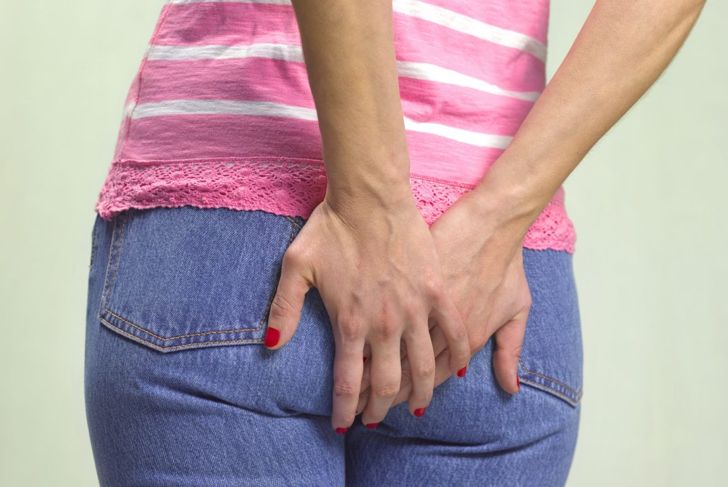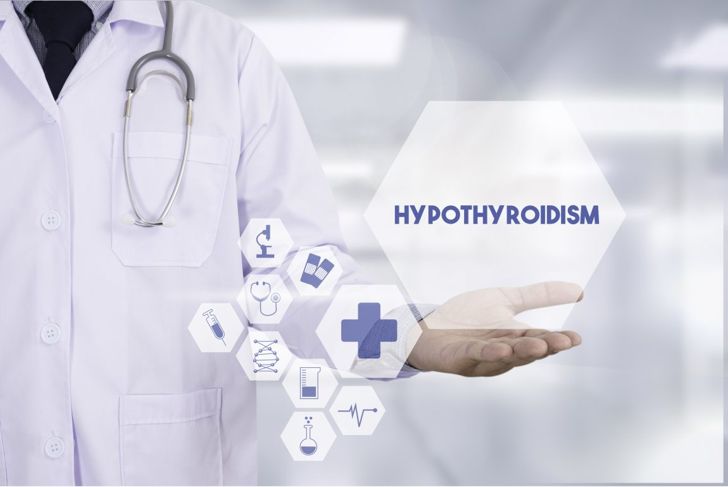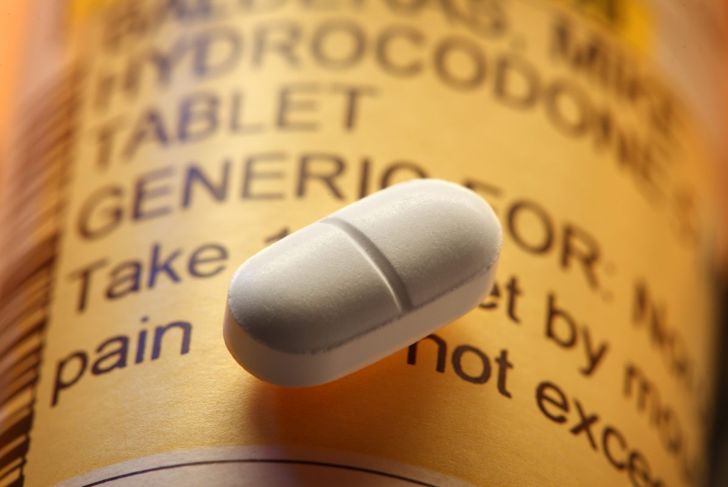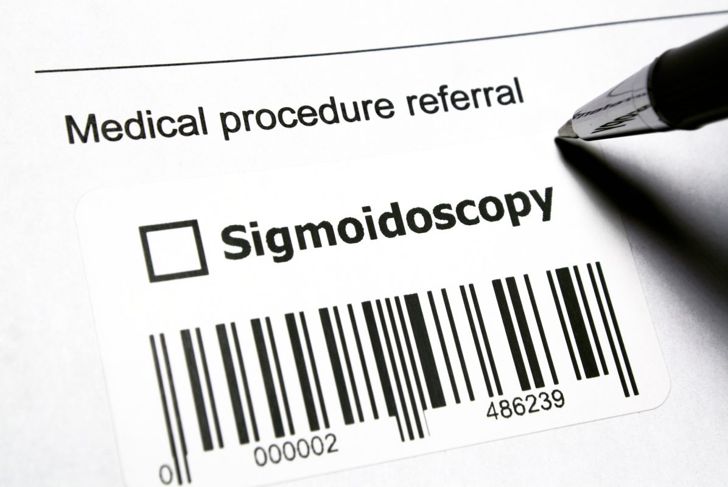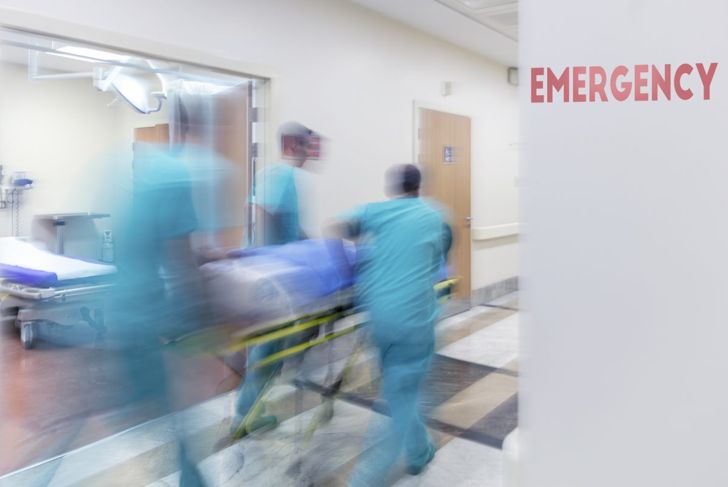Studies show that roughly half of Americans deal with constipation and fecal impaction, and many cases go overlooked. With a significant increase in the aging population worldwide, the risks of developing this type of bowel obstruction are on the rise.
Relation to Constipation
While many use the terms constipation and fecal impaction interchangeably, they are not the same. Constipation refers to bowel movements that are uncomfortable to pass because they are dry and hard. Fecal impaction is a serious consequence of constipation. It occurs when hard, dry feces completely block the distal sigmoid colon, the S-shaped part that leads to the rectum.
Symptoms
In addition to abdominal discomfort or pain, people with fecal impaction report feeling the need to push, as if they were passing stool. This action can lead to hemorrhoids, making a problematic situation worse. Those with the condition also report a lack of appetite, which can lead to unintended weight loss. Additionally, the inability to pass stool can cause nausea and vomiting.
Low Vitamin D
The lack of intestinal motility is at the heart of fecal impaction, but the cause of this varies. Vitamin D plays a key role in numerous body functions, including bone growth and fighting infections. Studies showed that lower serum vitamin D levels can be behind delayed intestinal tract transit times, which put people at increased risk for fecal impaction.
Hypothyroidism
The thyroid impacts all organs, as it plays a role in human growth and development and is known primarily for controlling metabolism. Hypothyroidism or under-functioning of the thyroid can result in decreased metabolic function and lead to many symptoms, including weight gain and constipation. In rare cases, fecal impaction occurs due to malabsorption of nutrients and weaker bowel muscle response.
Diabetes
In addition to its effect on the cardiovascular system and various organs, diabetes also has a significant impact on the digestive system. The mechanisms underlying this relationship are complicated, but diabetes ultimately damages gastrointestinal nerves and muscles. This slows the movement of food through the intestinal tract and increases the risk of chronic constipation that can lead to impaction.
Opioids
Opioid use is prevalent in the U.S.; many people take these medications to deal with chronic pain. However, this class of drugs slows peristalsis, the process of moving food through the digestive system. They can also impair anal sphincter function. These side effects decrease the fluid available in the intestines and increase the likelihood of bowel obstruction.
Anorexia Nervosa
Anorexia nervosa is an eating disorder that causes people to avoid consuming food. This act of continuously triggering the body’s starvation mode can lead to fecal impaction due to slower digestion, a lack of basic nutrition, and impaired intestinal function.
Diagnosis
Because fecal impaction symptoms include urinary problems, doctors will conduct a rectal exam to narrow down the cause. The physician will also request a detailed history of bowel habits, especially any recurring constipation. An x-ray or CT scan of the abdomen will show what a rectal exam could not. In rare cases, the doctor may perform a sigmoidoscopy, which gives them a better view of the lower portion of the colon.
Treatments
There are a few levels of treatment for impaction. The first recommendation is a laxative, which softens the stool and allows it to evacuate naturally. If that is not viable, the doctor will attempt manual removal of the impacted product. If they cannot remove the entire obstruction, they may recommend an over-the-counter enema, which contains a specially formulated liquid designed to soften and move the mass. The last resort is to perform a medically supervised transanal irrigation.
Potential Complications
Fecal impaction can progress in severity. The obstruction can lead to irritation of the intestinal lining, which can cause bouts of fecal incontinence involving the leakage of mucous and feces. In cases where the bowel perforates the intestines, people with the condition face the risk of blood infection from the many pathogenic bacteria living in the intestines. Such situations require immediate medical attention to reduce the risk of death.

 Home
Home Health
Health Diet & Nutrition
Diet & Nutrition Living Well
Living Well More
More
